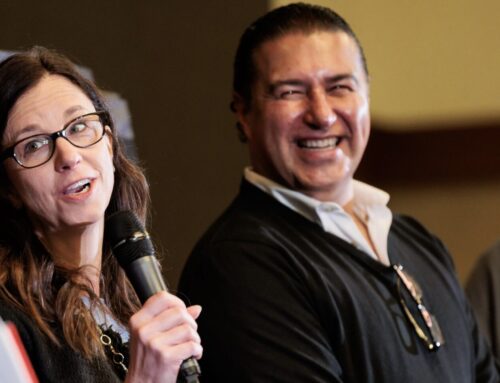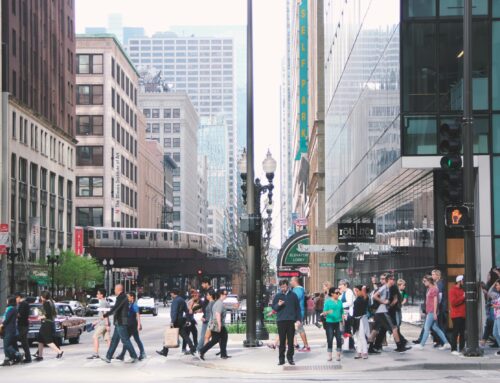We know that life can get really busy and demanding, and many people don’t have the methods to cope. As a result, most of us are facing an overload crisis. Do you feel exhausted? Are your friends, family, or partner telling you to stop working too much? Do you regularly reflect and relax by yourself? If you haven’t addressed these questions in a long time, it’s time to stop and think about your current position.

THE OVERLOAD CRISIS
If you are facing an overload crisis, you most likely feel like no number of extra hours will ease the workload. Or maybe you feel like you are managing your workload, but are missing out on (or are overwhelmed by) events with your family and friends. Moreover, you probably don’t have time for yourself.
Whether you are experiencing overload at work or in your personal life, your mental and physical health suffers.
Unfortunately, many multinationals are experiencing this epidemic right now. In fact, it is estimated that 95 % of Breakthrough Global’s clients experience overload in the workplace, as well as at home.
BEING BUSY DOESN’T MAKE US PRODUCTIVE
People who are in overload tend to describe themselves as “always busy”. That makes sense since they have a lot of work to do. But what does “always busy” really mean?
If people find themselves in overload, feeling pressure and like they have no time, their “always busy” state is better described as the “busy-being-busy” state. The busy-being-busy state occurs often at the workplace. People try to do every little thing on their to-do lists without actually considering which activities will deliver the most value or get us to our desired Outcome.
People too often try to multitask. However, doing lots of different activities or attending long meetings, bring little to no added value, and being overwhelmed by long to-do lists drives people straight into overload. If people are always working and using their energy on tasks that are not valuable, they are not being productive and will not get their desired results.
HELP YOURSELF AND YOUR TEAM TO GET OUT OF THE OVERLOAD CRISIS
To learn more about shifting your culture away from overload and into stretch, watch Part 1 of “Decline and Suffering in Multinationals” an Insight Short with Zannah Ryabchuk below. As Managing Director of Breakthrough Global, Zannah Ryabchuk has worked across various industries and organisations and gained valuable insights and actions to tackle the overload crisis.
2 KEY ACTIONS TO AVOID OVERLOAD
Is it normal for you and other leaders at your company to attend conferences while being on holiday? Do you send emails to your team members on weekends or late evenings? These might seem like small things, but as a leader, you are a role model. If you are facing overload, people in your team probably are too. To avoid overload yourself and to help your team, make sure you follow these simple actions:
ACTION 1 – START WITH YOURSELF
- Start with yourself and identify the areas where you feel overloaded.
- Block out 40 minutes every week as white space to reflect, learn, grow & re-prioritise.
- When it comes to your home life, spend more time doing what inspires you the most and recommend your team do the same.
ACTION 2 – HELP YOUR TEAM
- Identify where your team is overloaded. To do this, book a meeting with them and build psychological safety by showing them that you feel the same way, and that you will find a way out together, by focusing on the priorities that really add value.
- Spend 10 % more time coaching your team. This will increase the productivity in the long run.
WHAT EXACERBATES THE OVERLOAD CRISIS?
To learn more about some of the factors that are exacerbating the overload crisis, watch Part 2 of “Decline and Suffering in Multinationals” an Insight Short with Zannah Ryabchuk.
AVOIDING FAILURE WORK
Failure Work is all the work that needs to be redone, and also the needless work that doesn’t add value. Therefore, it is important to identify where your team, and also you as a leader are generating Failure Work.
Take time to work on the collective and individual mindset, to make people more resource-FULL. Sometimes you need to slow down to go fast.
To learn more about overload crisis:





